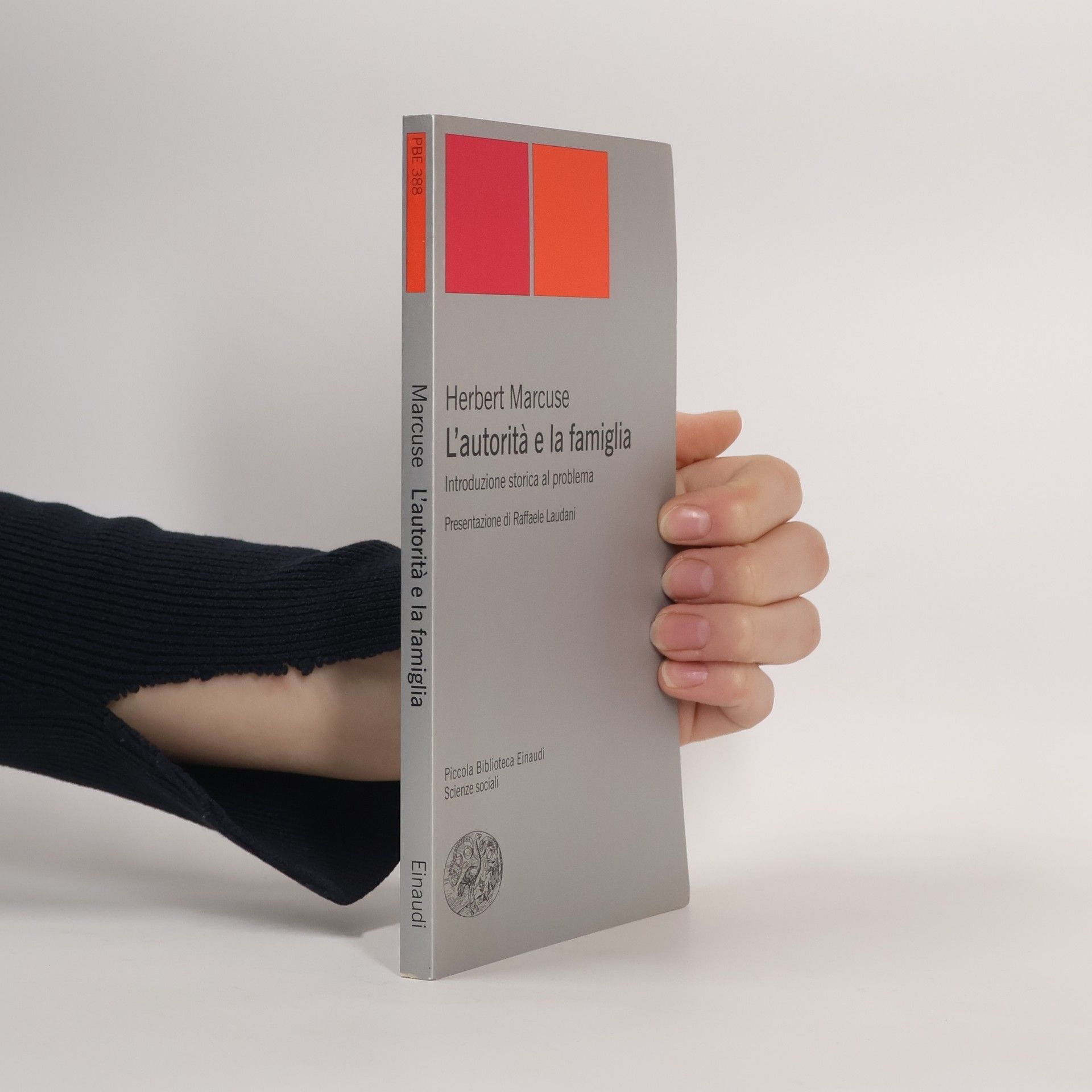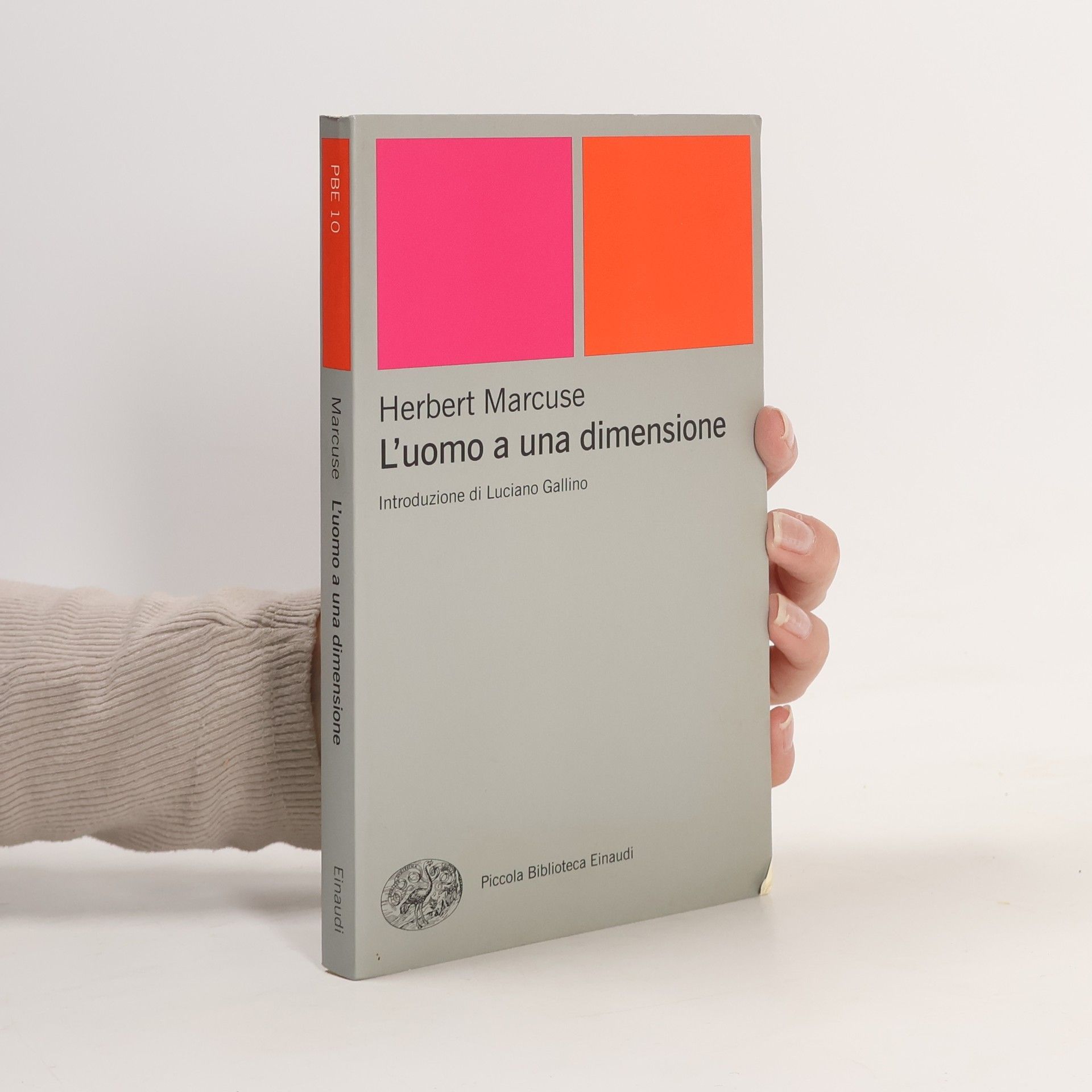L'uomo a una dimensione
- 260pagine
- 10 ore di lettura
Scritto in inglese nel 1964 e pubblicato nel 1967 in Europa e in Italia, L'uomo a una dimensione, a suon di centinaia di migliaia di copie,fece di Herbert Marcuse il maestro della nuova sinistra,che in quegli anni andava mettendo vigorose radici nelle università europee. Nel libro di Marcuse i giovani del '68 trovarono gli argomenti e le parole atte a dare forma definita a un'idea che in modo meno articolato circolava già da tempo in Europa, l'idea che le società europee, uscite ormai da vent'anni dall'esperienza del fascismo e della guerra e dedicatesi con devozione alla pratica della democrazia,fossero in realtà, ciascuna a suo modo,forme di "società bloccata", sul piano sia politico sia culturale e ideale. A oltre trent'anni dalla sua apparizione, e nonostante i non pochi elementi rimasti ancorati a uno scenario politico e sociale profondamente diverso da quello attuale, L'uomo a una dimensione, una delle più radicali disamine e contestazioni della condizione umana nelle società industriali avanzate, non ha certo esaurito la forza del suo impatto critico e polemico. L'attualità dell'opera non è soltanto legata al persistere delle stesse distorsioni, nelle società industriali avanzate, che il suo autore intravvide all'epoca con lucidità. È la storia più recente che si è incaricata di restituire al libro un'inquietante presa diretta.





